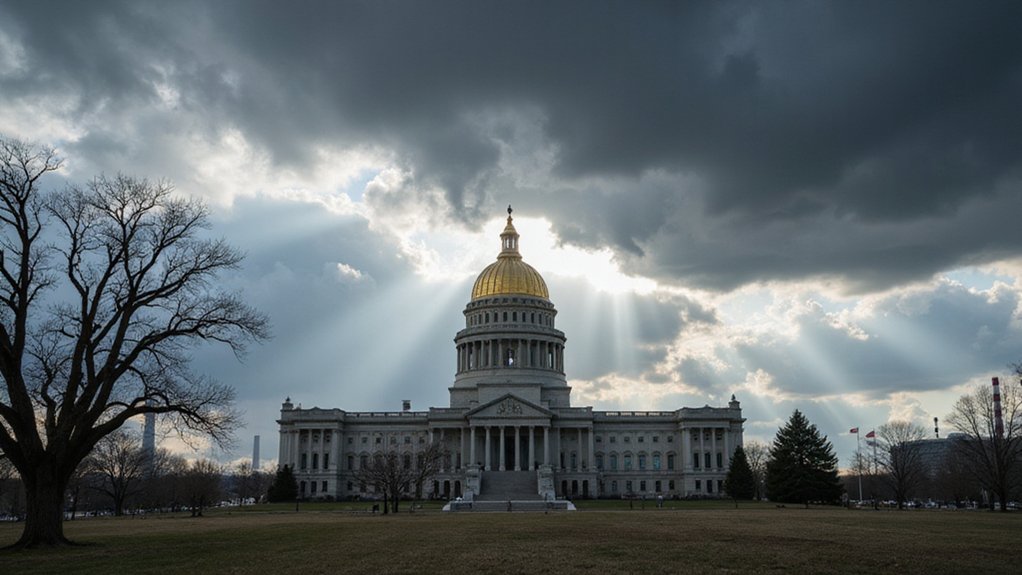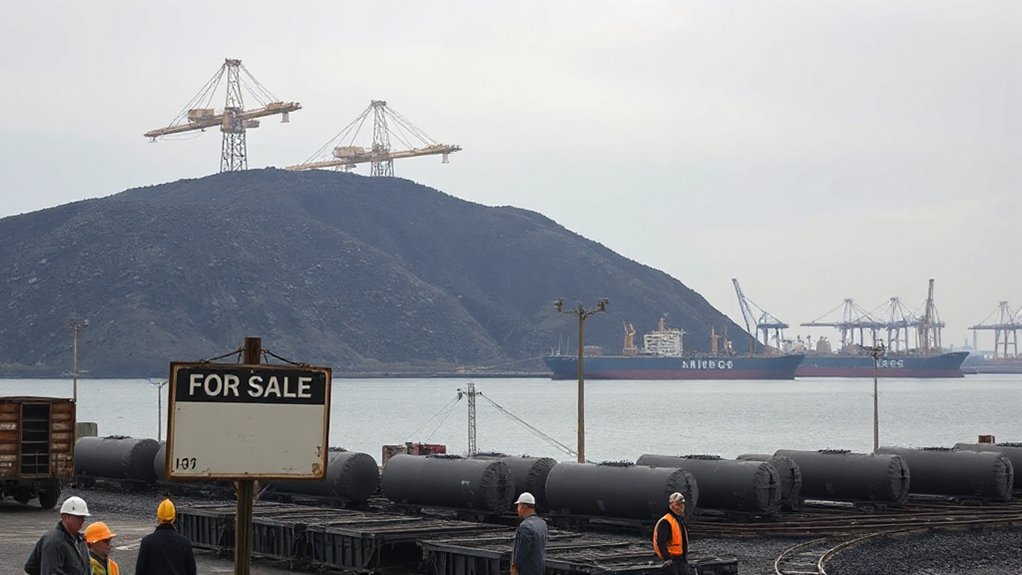Despite facing aggressive legal challenges from the federal government, multiple states are moving forward with climate legislation that would make fossil fuel companies pay for damage caused by climate change. New York and Vermont led this effort by passing climate superfund laws in 2024, with at least ten more states introducing similar “polluters pay” bills in 2025.
These state laws require fossil fuel producers to fund climate adaptation projects based on their historic contributions to greenhouse gas emissions. Companies must pay into state-managed funds that support infrastructure to help communities prepare for climate impacts. Many bills include specific funding for environmental justice communities.
States are making polluters foot the bill for climate damage, directing funds to vulnerable communities and critical infrastructure.
In April 2025, the Trump administration moved to block these efforts. On April 8, President Trump signed an executive order titled “Protecting American Energy from State Overreach.” The order claimed state climate laws exceed constitutional authority and raise energy prices. It directed the Attorney General to identify state laws that impede energy development. California has strengthened its resistance by allocating $25 million to combat federal environmental rollbacks.
By May 1, the Department of Justice filed lawsuits against four states—New York, Vermont, Michigan, and Hawaii. The federal government argues these state efforts violate the Constitution and are preempted by the Clean Air Act. The DOJ claims states can’t regulate greenhouse gases because it interferes with interstate commerce and foreign relations.
The federal government has asked courts to declare these state laws unconstitutional and block their implementation. At the heart of the dispute is whether states have authority to regulate emissions beyond their borders.
States aren’t backing down. They view these climate superfunds as essential, especially as Trump rolls back federal climate policies and funding. These regulations mirror the EU’s approaching shipping carbon tax that will generate EU ETS revenue of approximately €7 billion annually. Vermont and New York continue leading a movement of states forging ahead with climate rules despite federal opposition.
The climate superfund approach marks a significant shift in how states address climate funding. By making fossil fuel companies pay based on their emissions history, states aim to secure billions for adaptation projects while holding polluters financially responsible for climate damage. These disclosure requirements focus on investor transparency without mandating divestment from fossil fuels or forcing specific investment decisions.
References
- https://www.whitehouse.gov/presidential-actions/2025/04/protecting-american-energy-from-state-overreach/
- https://www.environmentallawandpolicy.com/2025/04/new-executive-order-challenges-state-climate-laws/
- https://greencentralbanking.com/2025/03/07/us-states-forge-ahead-with-climate-rules-even-as-trump-rolls-back-policies/
- https://www.gravel2gavel.com/federal-government-sues-states-climate-superfund-laws-climate-change-litigation/
- https://www.ncelenviro.org/articles/polluters-pay-how-states-are-filling-the-federal-climate-funding-gap-in-2025/









